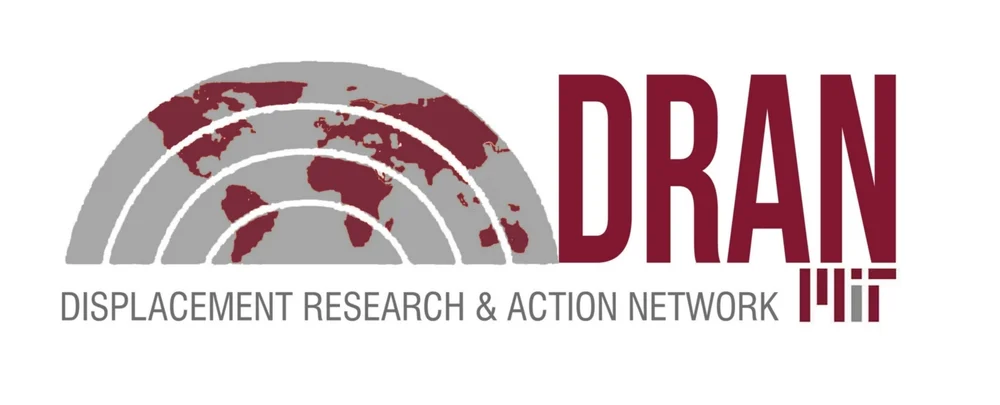strategies against displacement: a global conference
November 8th, 2014
Balakrishnan Rajagopal
Evictions and displacement due to development are increasing around the world. There is a need to more systematically understand how the displaced peoples themselves cope with, adapt to, or counter/resist displacement. They use a variety of strategies and tools, some of them more successful than others. Sometimes they counter displacement, but other times, they are simply coping with displacement.
These experiences vary widely depending on the type of government, the nature of displacement, the type of economic and political system, the legal system, the role of courts, the robustness of civil society and media, and the thickness of transnational ties. There is a need to look both comparatively and transnationally, but also through locally-rooted experiences of specific cases.
To meet this need, the Displacement Research Action Network and the Rosa Luxemburg Stiftung New York Office will host a major global conference, Global Convergences: Strategies against Evictions and Displacement, on November 21-22, 2014 at MIT. The conference will draw together leading activists, civil society leaders, and academics from Brazil, India, South Africa and the US, as well as global policy figures from the UN system. It is the second international conference DRAN will host, after the Property from Below conference held February 28-March 1 2014.
Displaced communities use a variety of law-related strategies such as litigation, fact-finding, peoples’ tribunals, movement lawyering and transnational legal advocacy to prevent or deal with the aftermath of displacement or to assert their rights to stay and to housing.
They rely on their social networks and community support, as well as other sources of social capital, to cope with displacement. They rely on family, but new evidence in US evictions cases shows that they also rely on strangers. They also rely on memories and storytelling to deal with the trauma of displacement, and reconstruct lives shattered by loss.
They occupy land and housing ‘illegally’, both to obtain housing and recognition as citizens, and also to cope with prior displacement. In doing this, they try to coopt state agencies who are in charge of planning, and push the state towards the recognition of a ‘right to the city’. They also rely on political parties and use their networks to obtain temporary or permanent recognition of their occupation. These are strategies for expanding democratic innovation, rather than purely law-based strategies such as litigation.
After displacement, communities attempt to build on the resettlement packages that are offered to them. While resettlement per se is not a focus of this event, it does provide a window into how communities cope or deal with displacement.
Common to all of the above are a range of tools that are often used by displaced communities – including media advocacy, impact assessment, report writing, and direct protest/mobilization. Technology is also fast emerging as a common tool, as the displaced and their advocates harness social media, GIS and other technologies to create spatial mapping and social monitoring platforms. There is a need to reflect on each of these, and this conference seeks to create that space.
Finally, to learn from the power of positive stories, we seek to engage with case studies of communities that have avoided displacement using one or more of the above strategies (or none of them), and improved their conditions through in-situ upgrading, for example.
It is very important to understand which strategies work and which do not when communities resist, respond to, and cope with displacement. We hope to learn much during the upcoming event.
